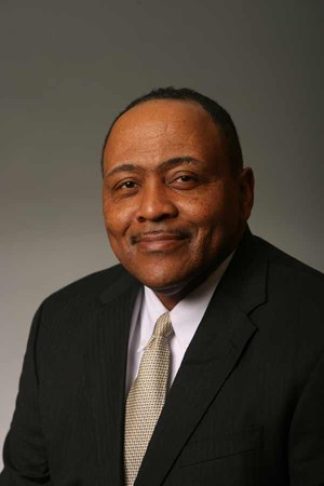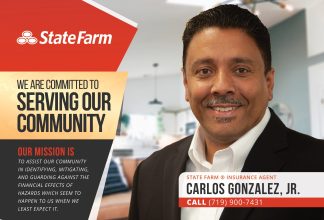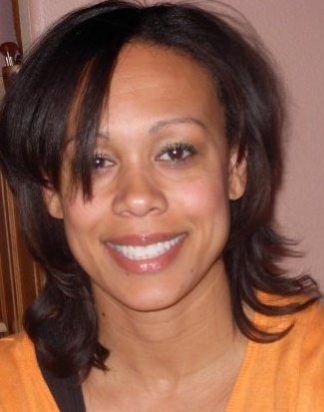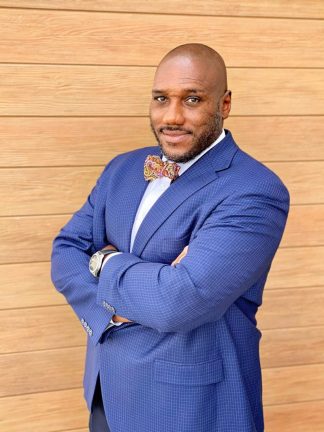What is your role as an educator and how long have you been doing it for?
I’ve been teaching since 2013. I am currently a fourth grade educator with experience teaching kindergarten, first grade, third grade, and sixth through eighth grade. I started back in Philadelphia at a private school for black students. I teach general education, meaning I teach all subjects, except for the arts.
Why do you feel that what you do is important?
Being an educator– especially to black and brown students– is important to me because I don’t see enough black or non-black educators embracing and celebrating the cultures and richness of our students.
Having the ability to illuminate our history and our capabilities is very critical. Being an educator allows me to add life and color to the central curriculum that’s often placed in front of our kids.
I started my teaching in Philadelphia working with minority students, and that’s really what shaped my foundation as an educator. It was a challenge at first, and I had some very difficult moments with my students. I came to realize that I should treat them like the very bright beings they were, instead of treating them based off of the judgments that other people had made about them.
Judgments like “They’re bad,” or you know, “They’ll catch an attitude with you.” I saw that if I just treated them with high expectations, and respected them, then all would be well. As an educator, I feel it is important to realize this when it comes to your students. If you are expecting others to treat you with respect then you must treat them with respect.
What do you love most about what you do?
I love incorporating aspects of abolitionist teaching. Throughout the entire school year, I’m incorporating Black history, Latinx history, and Indigenous history. We learn how to write protest signs, we write letters to the councilman and councilwoman, and we focus on justice.
In my classroom, I was impressed to hear fourth graders–nine and ten year olds–talk about issues like gun violence, immigration laws, pollution control, and childcare. These kids will focus on an issue and engage in it, creatively thinking about ways to solve it.
It’s so awesome to see because growing up, I never really learned about any of that stuff, and then I felt I was just thrown into the real world. I tell my kids,–though it may not be a popular opinion–that I think it’s important for minorities and students struggling with poverty to know that the system was never intended for us. It’s my duty as their educator to really give them the tools they need to navigate the system and to realize that they have everything they need to be successful.
What is the best advice you ever received about your impact as an educator?
I think that the best advice that I ever received was that I should try to become an administrative leader. I get that a lot, and I never thought about that for myself, but after like three years of people telling me, it has really stuck.
My intention is to teach for a couple more years and get my PhD. I’d like to have a positive impact on students and their families, which is something I see that is lacking in our leadership throughout the district. I would love to bring my experience and the tools that I have to work, and collaborate with families, leaving a long-lasting impact.
What advice do you have for future generations?
I tell this to my kids every year, multiple times:
Know that there is power in your voice; don’t muzzle it, instead pick up a megaphone.
There’s power in your actions; don’t stay idle, instead collaborate to make positive change.
There is power in being your authentic self; don’t conform, instead stand tall in who you are.
Do you have any upcoming projects?
Yes, I am going to be offering a fast-track class to Backyard Beekeeping, hopefully starting in Spring 2021. It will have aspects of traditional learning with a more hands-on approach. We are still in the beginning stages, but we are hoping to provide some learning materials and extra resources to the black community interested in beekeeping.
–Written By Talisa Caldwell
———————
Self Submission
Every year for a week I lead my students through critical analyses of songs written by black artists. We explore artists like Nina Simone, Tracy Chapman, Jimi Hendrix, and many more. We always begin with a quick synopsis of the artist’s life. We then read the lyrics and dissect it, bit by bit. We talk about the emotions felt. We examine historical events that took place around the time these songs were released. We acknowledge the injustices that black people faced then and what we continue to face now. We brainstorm what we can do to shift the narrative to ensure an end to these injustices. I am an educator to BIPOC students because I want to shape young revolutionaries. I am an educator to free our BIPOC students from the notion that assimilation is what will free us. I educate to dismantle the indoctrination of white supremacy within the lives of our young minds.
My expertise lies within using a mandated curriculum and adding more to it to reach the lives of BIPOC students. Everything I do in my classroom is through a social justice lens. We talk about equity, social justice work lies within all subjects.










